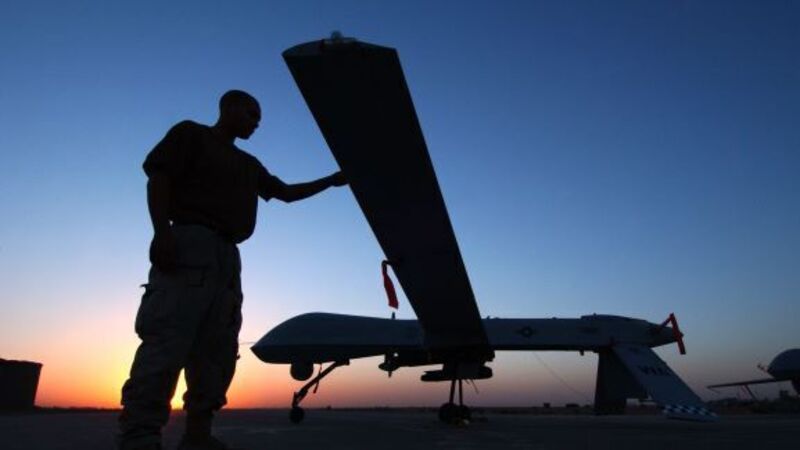Drones will leave humans ‘utterly defenceless’

The deadly drones are the likely “endpoint” of the current technological march towards lethal autonomous weapons systems (Laws), according to Professor Stuart Russell from the University of California at Berkeley.
Such weapons, whose decisions about which targets to select and destroy are determined by artificial intelligence (AI) rather than humans, could feasibly be deployed within the next decade, said the professor.














